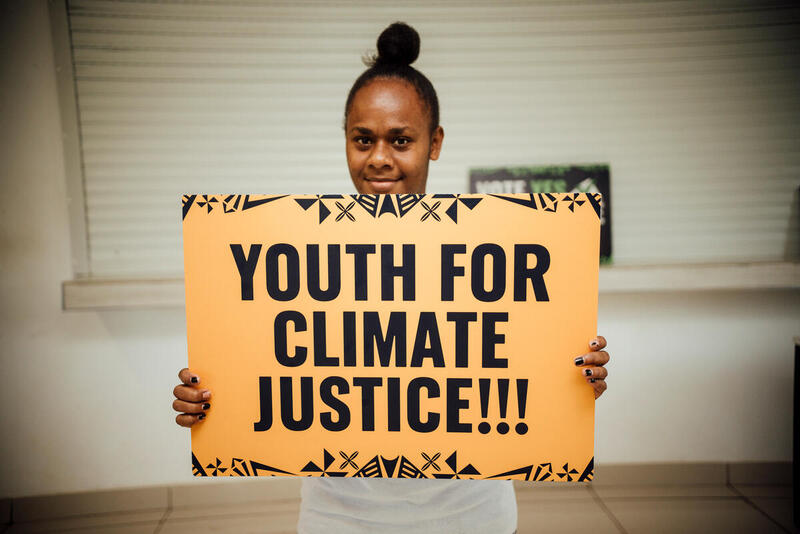After an unprecedented agreement on the issue at the UN, the International Court of Justice (ICJ) will advise states on their obligations to reduce global emissions and the legal repercussions of doing nothing.
Governments agreed on a resolution at the general assembly gathering in New York today that acknowledged the enormous challenge posed by climate change and asked the International ICJ to issue an advisory opinion on how it overlaps with international law.
The Prime Minister of Vanuatu, Ishmael Kalsakau, who led the initiative alongside a group of young people, described the decision as “a win for climate justice of epic proportions”.
Due to the devastation caused by two tropical cyclones within a week, the Pacific island nation is currently under a national state of emergency.
Read Also: Hungarian foreign minister, Russian premier hold energy talks
An advisory opinion issued by the ICJ is not legally enforceable and merely analyzes pre-existing international law, but it has a significant impact.
A member of the UN International Law Commission and director of the Centre for International Law at the National University of Singapore, Nilufer Oral, stated that the opinion would “provide clarity and guidance on the legal obligations of states when it comes to climate change, and the legal consequences of failing to act.”
According to Caio Borges, law and climate coordinator at Brazil’s Institute for Climate and Society, the resolution marks “a turning point in the pursuit of climate justice.”
Borges added that the court’s opinion would undoubtedly shape the trajectory of future international climate negotiations and climate litigation at both domestic and international levels.
Story was adapted from Climate Home News
